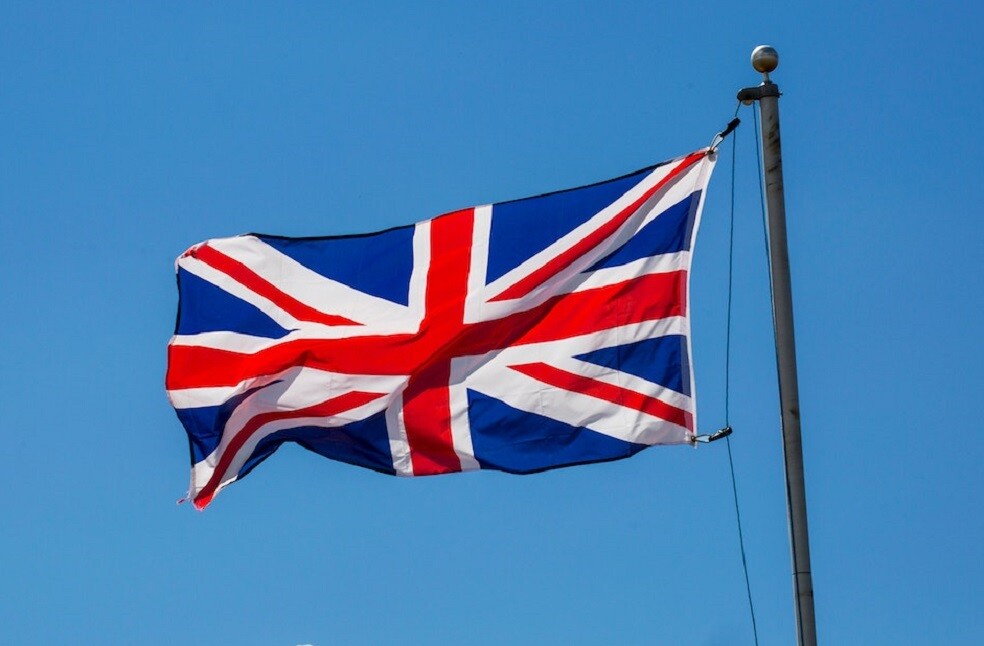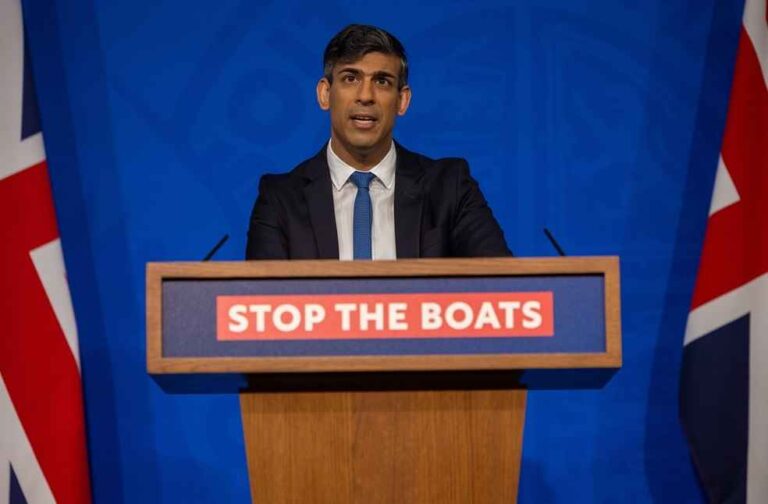United Kingdom: Prime Minister Rishi Sunak’s proposed Rwanda deportation bill has been passed by the UK Commons and Lords after a long-drawn-out battle. This means that legal disputes can now ensue over the potential removal of dozens of asylum seekers.
Despite attempts by opposition and crossbench peers to amend the legislation, they eventually relented, allowing the bill to pass. The proposed bill is expected to receive royal consent soon. Officials from the Home Office already recognised a bunch of sanatorium petitioners with weak lawful affirmations to stay in the United Kingdom, who will be sent to East Africa in July as part of the first tranche of deportations.
The UK Prime Minister, Rishi Sunak, proposed a bill to expel sanatorium seekers who reached the UK by uncommon means to Kigali. This move is aimed at preventing small boats from transiting the Channel. James Cleverly, the UK Home Secretary, called it a landmark moment in their plan to stem illegal immigration through this route.

In a social media video, Cleverly said that, “The Safety of Rwanda bill has passed in parliament and it will become law within days. The act will prevent people from abusing the law by using false human rights claims to block removals. And it makes clear that the UK parliament is sovereign, giving the government the power to reject interim blocking measures imposed by European courts. I promised to do what was necessary to clear the path for the first flight. That’s what we have done. Now we’re working day in and day out to get the flights off the ground.”

Denisa Delić, director of advocacy at International Rescue Committee UK, commented that, “Irrespective of today’s passage of the Safety of Rwanda bill, sending refugees to Rwanda is an ineffective, unnecessarily cruel and costly approach. Rather than outsourcing its responsibilities under international law, we urge the government to abandon this misguided plan and instead focus on delivering a more humane and orderly immigration system at home. This includes scaling up safe routes, such as resettlement and family reunions, and upholding the right to seek asylum.”

The Home Office has whittled the list down to 350 migrants who are deemed to pose the least risk of submitting successful legal challenges blocking their deportation. Legislators announced their plans to prepare legal challenges in favour of individual asylum seekers. These measures will be made on a case-by-case basis and might result in asylum seekers being removed from the flight list.
The bill grants the right to appeal if a detainee encounters a real, close and foreseeable threat of grave irreversible harm if deported to Rwanda. The appeal must be made within eight days of obtaining an eviction letter. Subsequently, the Home Office will keep several days to reply.
If the plea is denied, the asylum seeker can lodge a final appeal to an upper tribunal court in seven days, which will determine their suit within a further 23 days. The National Audit Office affirmed that the agreement will come for £1.8 million for each of the first 300 deportees.



